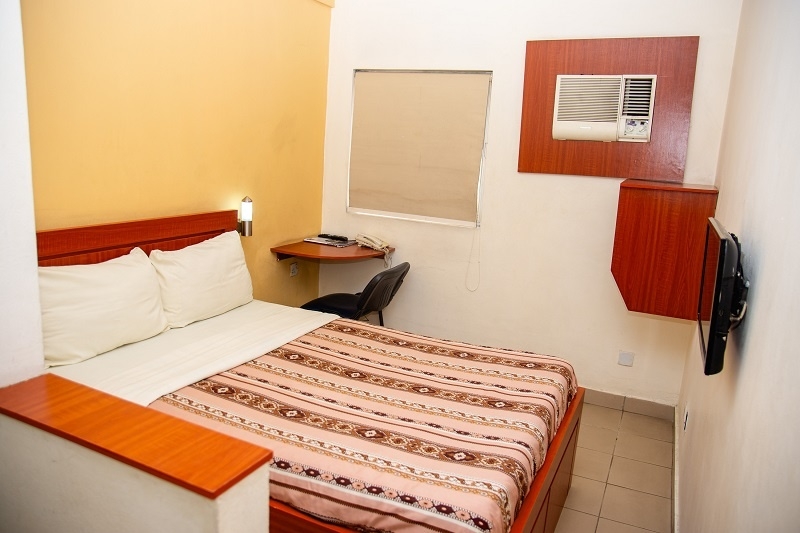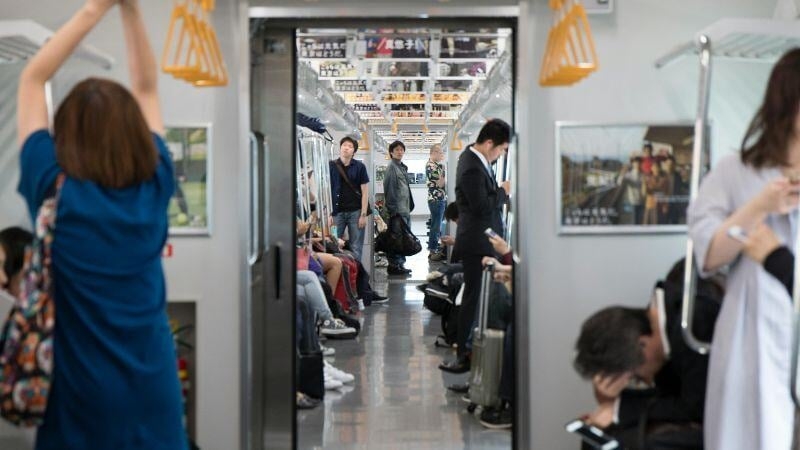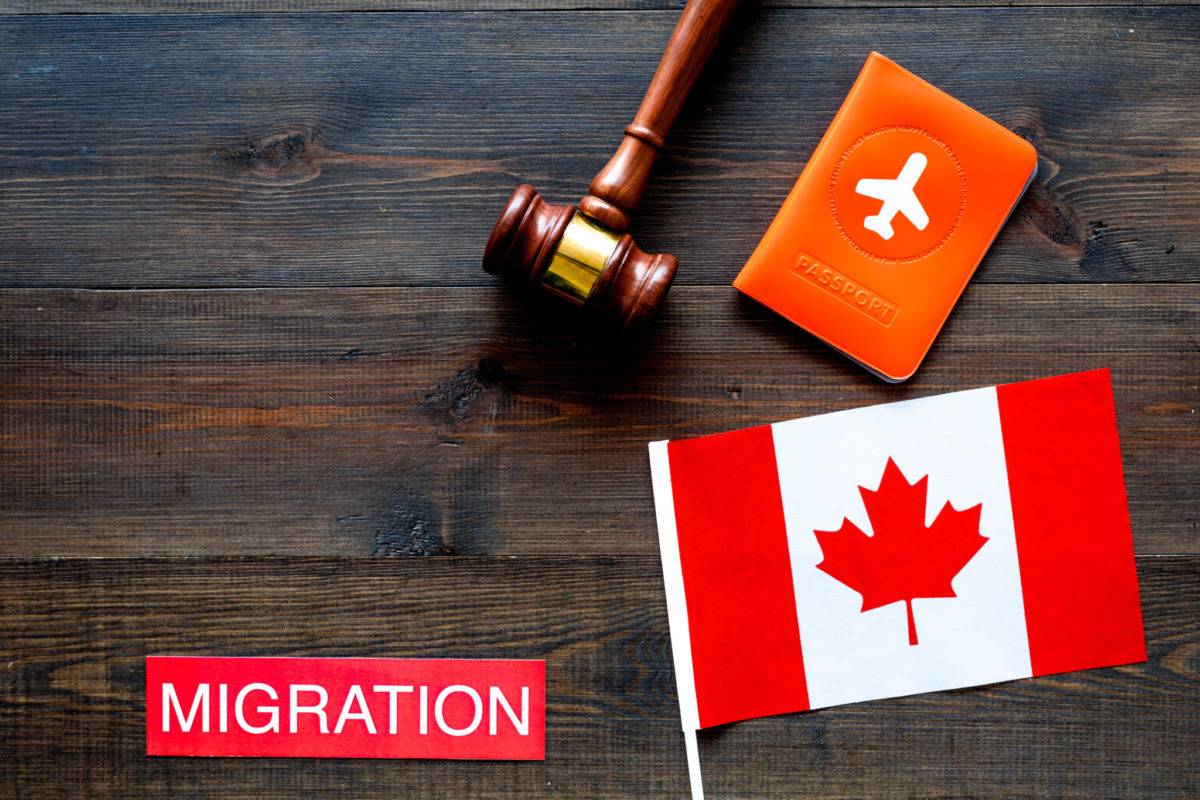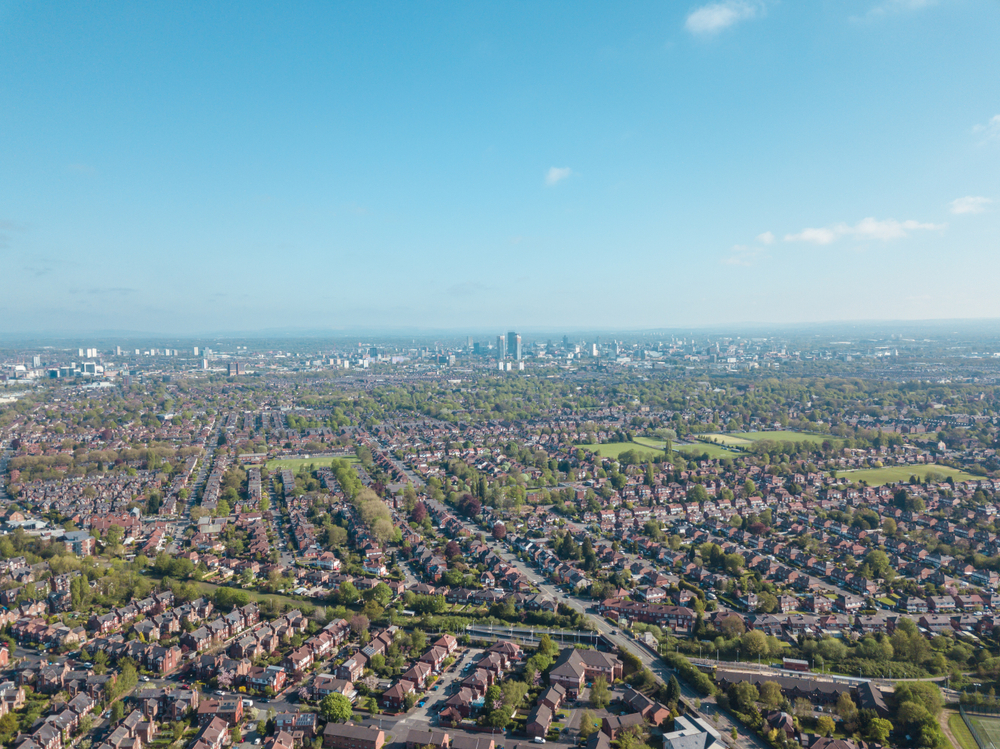Settling in a new country can feel overwhelming at first, but planning your days ahead can make the transition smoother. The first three months are crucial for getting the basics in place, like housing, banking, healthcare, and adjusting to a new way of life. This guide breaks down exactly what to do, step by step, so you can feel more organized, confident, and ready to build a stable life in your new environment.
Having a clear plan helps you avoid costly mistakes, save time, and focus on what matters most. From finding a place to live and opening a bank account to understanding local systems and connecting with your new community, each step you take during these 90 days brings you closer to feeling at home. Whether you’re moving alone or with family, this guide on the 90-day plan for settling in a new country successfully gives you the structure and support you need to settle in with less stress and more clarity.
First 30 Days: Focus on the Essentials
This is where your journey begins. Taking care of the basics early on lays the groundwork for everything that comes next. Start strong and stay focused.
Secure Temporary or Permanent Housing
Start by arranging where you will stay for the first few weeks. If you do not have family or friends to stay with, book temporary housing through trusted platforms like Airbnb, Booking, or local rental agencies. Once you arrive, begin searching for long-term rental options.

Understand the local rental market, compare prices, and look for housing that is safe, accessible, and close to transport or work. Make sure to read lease agreements carefully and know your tenant rights in the new country.
Open a Local Bank Account
A local bank account is essential for receiving payments, paying rent, and managing your daily expenses. Research banks that offer accounts for newcomers. Many banks have special programs with low fees and easy onboarding for immigrants.
You will typically need your passport, visa or residency permit, proof of address, and in some cases a job offer letter or employment contract. Choose a bank with strong online banking features and support in your preferred language, if available.
Get a Local SIM Card and Internet Connection
Having a local phone number helps with job applications, housing searches, and staying connected. Choose a prepaid plan to start. Compare providers for coverage, pricing, and international call options.
If you are moving into a rental or long-term home, set up a home internet plan as well. Ask your landlord which providers are available in the area.
Register With Local Authorities
Depending on the country, you may be required to register your presence within a certain number of days after arrival. This could include notifying the immigration office, getting a residence permit, or registering your address with the city or municipality.
Find out what is required in your new location and book your registration appointment as early as possible. Some countries issue a local ID or number during this process, which will be important for accessing public services later.
Arrange Health Insurance
Make sure you are covered for medical emergencies and basic healthcare. Some countries offer public health insurance for residents, while others require private coverage.
If public insurance is available, register right away. If you are not eligible, research private insurance options that meet visa requirements and offer sufficient coverage. Keep all insurance documents and payment records safely stored.
Learn How Transportation Works

Study local transport systems. Get a travel card, download route apps, and understand how buses, subways, or trains work in your city. Test travel routes to key locations like grocery stores, job centers, or clinics.
If driving is necessary, research whether your current driver’s license is valid or if you need to apply for a local license.
READ: Prep for Success: 7-Day Action Plan to Kickstart a Serious Job Search
Days 31 to 60: Build Your Foundation
Now that you’ve found your footing, it’s time to move forward. This stage is all about building momentum and creating some stability in your new life.
Start Looking for a Job or Enroll in School
If your goal is to work or study, begin actively applying. Update your resume or CV to fit local formats. Use country-specific job boards, networking events, LinkedIn, and employment centers. If needed, explore local certifications or language support programs that improve your chances.
If you are studying, finalize your enrollment, get your student ID, and familiarize yourself with your class schedule and campus.
Apply for Important Identification Numbers
Depending on the country, you may need to apply for a national ID, Social Security Number (United States), Social Insurance Number (Canada), National Insurance Number (United Kingdom), or similar documentation.
These IDs are often required for work, accessing healthcare, and paying taxes. Apply early, as processing can take several weeks.
Register With a Family Doctor or Local Clinic
Find a general practitioner or medical clinic near your home. Some healthcare systems require you to register with a specific doctor or clinic. Book a basic check-up to establish your medical history locally and understand how the referral system works in your new area.
Know where the nearest emergency services are and how to contact them in case of urgent health needs.
Set Up Digital and Government Portals
Activate your government digital accounts, tax portals, health apps, and education or employment accounts. Use strong passwords and secure all your logins.
Translate important documents such as birth certificates, degrees, immunization records, and professional licenses into the local language. Keep digital and physical copies backed up.
Get Involved in Your New Community

Start connecting with others through local community groups, religious centers, or neighborhood programs. Join local immigrant or cultural associations where you can meet people from similar backgrounds.
Look for support networks online or attend language exchange meetups. Getting involved early helps reduce isolation and speeds up your adaptation to the new environment.
READ: Living Abroad 101: Key Tips for First-Time Immigrants
Days 61 to 90: Settle In and Grow
With the groundwork in place, you’re ready to settle deeper and start shaping your routine. This is when things start to feel more familiar and steady.
Finalize Long-Term Housing
If you have been staying in temporary housing, begin securing a permanent rental. Visit several properties, compare prices, and ask about utilities, safety, and neighborhood services.
Before signing a lease, understand the rules, payment systems, and what is included in the rent. Always inspect the property and take photos of its condition to avoid issues later.
Start Building Your Credit History

A strong credit history is important for future financial opportunities. Many countries offer secured credit cards or special credit builder accounts for newcomers. Start with a small limit, pay your bills on time, and keep balances low.
Pay utility bills, rent, phone bills, and any loans on schedule. These positive payments help improve your credit profile over time.
Create a Personal Budget
Now that you have a better idea of your living expenses, create a realistic monthly budget. Track your income, rent, food costs, transportation, and other spending.
Use a budgeting app or a simple spreadsheet. Identify ways to cut unnecessary costs and start building a savings habit. If you send money home, use secure and affordable remittance platforms.
Understand Local Rules and Culture
Learn the basic laws in your new country. Know your rights as a tenant, worker, and resident. Understand traffic rules, tax obligations, public conduct expectations, and safety guidelines.
Take time to learn local customs, holidays, workplace culture, and etiquette. This helps you feel more confident and respected in your new community.
Improve Your Language and Skills
Language is key to full integration. Attend free or low-cost classes, use language learning apps, and practice in daily conversations. Ask for help when needed and do not be afraid to make mistakes.
Consider short training courses to gain new job skills, meet people, and boost your confidence.
Take Care of Your Mental Health
Relocating can be emotionally stressful. It is normal to feel lonely or anxious at times. Stay connected with loved ones, talk to others in similar situations, and find safe spaces to express how you feel.
Make time for rest, healthy meals, and light exercise. Celebrate small milestones. Building a new life takes time, but each step forward is progress.
READ: Affordable Pathways to Relocating Without Breaking the Bank
After 90 Days: What Comes Next
Once you have completed the first 90 days, you should feel more stable and informed. Review your goals and see what you have achieved. Follow up on any pending registrations, housing issues, or job leads.
If you plan to stay long-term, begin looking into permanent residency requirements or family reunification options. Stay consistent with your routines, keep learning, and continue building a strong support system. Each country is different, and your journey may take time, but with the right plan, you can settle in successfully and confidently.


